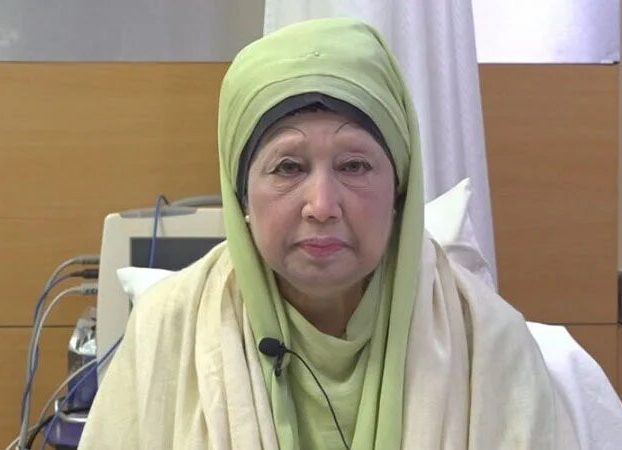
It is the need of the hour to fix the minimum educational qualification of degree pass in journalism. All sectors are progressing day by day in higher education, skill and profession related training, but why journalism will cling to the old age? However, along with education, it is important to ensure special skills, human qualities and strategic initiation issues, and also the system of certificates based on essential skills.
Because journalism is no longer like ten ordinary professions. Comparably a profession of much more responsibility and heavy responsibility. Their role affects the country, nation, society and all areas. There are degrees of sensitivity. Many people in the society and the state can say whatever they want and do whatever they want. But a journalist has to take the pen with many calculations in those matters. Every word and sentence written by him has to have a proper explanation, he has to think about the future. The journalist has to think in advance about the positive and negative aspects of the news.
Avoiding many true news for the greater interest of the country, nation, society also becomes the best conscience of the journalist.
There is a danger of communal riots due to the news of mosques being demolished and temples being burnt down, so the journalist has to play a cautious and strategic role. It is essential to acquire competence in what and how to write to protect communal harmony there. News, articles, editorials, opinions – anything against the independence, sovereignty, integrity of the state – cannot be directly or indirectly published / disseminated.
Even if a journalist is not a lawyer himself, he will have proper knowledge, clearly know and understand these sensitive issues. Above all, it is important for a journalist to be humane and rational.
Journalism is the profession of the most conscious, intelligent and talented people. In all cases he should have constructive thinking. No need to be an expert in any subject, but have a margin of understanding in all subjects. He doesn’t have to be public. Because of this, a journalist can make more or less mistakes every day. So he has no chance to make the same mistake again.
In journalism, the value of responsibility, discretion and responsibility is the highest. Every content, word used, sentence should have explanation. In journalism, it is desirable to have one’s own accountability, even to oneself. It is a part of professionalism. Many people think that professionalism is only about getting salary and benefits. However, the sense of responsibility, the promise of duty, and the oath of utmost transparency, which is professionalism, are forgotten.
This is not written with the hope of radical change if the educated class joins journalism or to encourage the uneducated class in journalism. To become a journalist, he must be educated, and skills are required to enter professional work. There is no substitute for responsible skills—no fieldwork or desk work—everywhere in the media.
Even though there are not many big degrees in institutional education, the experts have been playing enviable roles in the media and are still doing so. They are a special talent class, infinite respect for them. However, capitalizing on this example of exceptionally talented people, the rate at which idiots have entered journalism in droves in the last two decades—the profession’s twelve bells have already rung. Just looking around, it becomes clear how much of a breeding ground for idiots has become in journalism. By making a model of the less educated, the infiltration of the self-educated (with the ability to write their own name and address) took place, recently the arrival of the illiterate. On the contrary, journalism has also been irresponsibly harmed by the unscrupulous educated class who are only looking for money-making jobs. It should be remembered that the uneducated or fake can never give birth to yellow journalism. In the battle of knowledge and intelligence, certain classes change the facts, change the news, give birth to unjournalism. In these thoughts, both classes are responsible for the destruction of media and journalism.
Even then, the educated class should come forward, the structure of skill acquisition should be developed for the profession as well. Even after passing from the law department, there is no opportunity to handle the case in the court. The candidate has to obtain a separate certificate from the Bar Council. Similarly, MBBS, FRCS or higher degrees also require approval from BMDC to perform the duties of a doctor. In the field of journalism also, the certificate system of acquiring skills along with the degree should be ensured. That certificate is given only after making it efficient.
(Author: Senior Journalist)

 Reporter Name
Reporter Name 


















